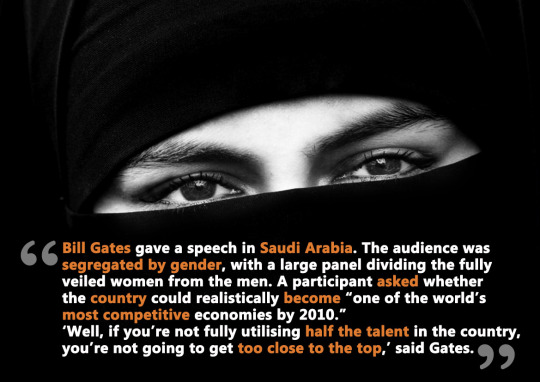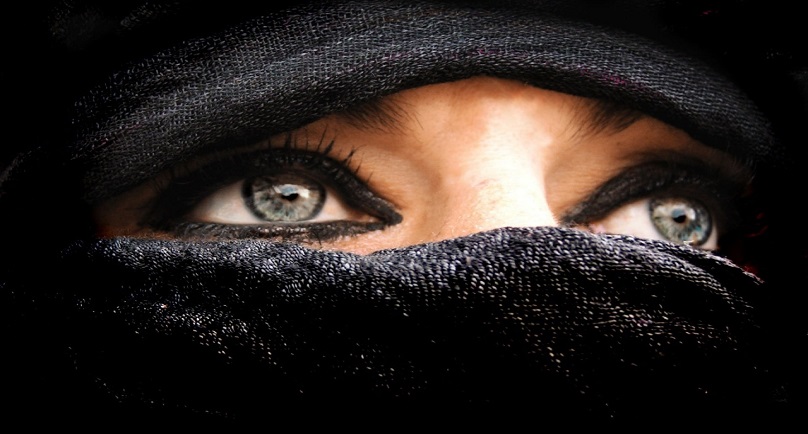By Rositta Liosi – EMTV Online
Saudi Arabia is a deeply conservative Kingdom governed by Islamic heritage.
Islam is practised by all Saudis and governs their personal, political, economic and legal lives.
For Saudi women and girls, life under Islamic law has its challenges. Such as:
Male Guardianship System
Human Rights Watch – ‘World Report 2015: Saudi Arabia’ reported that the “discriminatory male guardianship system remains intact despite government pledges to abolish it”.
“Under this system, ministerial policies and practices forbid women from obtaining a passport, marrying, travelling, or accessing higher education without the approval of a male guardian, usually a husband, father, brother or son.”
Competing in Sporting Activities
The Shoura Council, Saudi Arabia’s highest consultative body, welcomed a move to direct the Education Ministry to study the possibility of introducing a physical education program for girls in Saudi public schools.
Saudi Arabia is the only country in the world that still effectively bars girls from taking part in sport in government schools.
There is no state sports infrastructure for women, with all designated buildings, sports clubs, courses, expert trainers, and referees restricted to men.
Discrimination against girls and women in sports still takes place at multiple levels in the kingdom.
Women are deprived of representing national sports bodies and therefore there are no competitive sports events for Saudi women athletes in the kingdom.
Furthermore, the government does not provide financial support for Saudi sportswomen in national, regional, or international competitions.
Driving
Saudi Arabia is the only country in the world that does not allow women to drive. Technically it is not a law but it is not culturally acceptable for women to be behind the wheel.
Two Saudi women were detained while campaigning for the ban to be eased.
Loujain al-Hathloul, 25 and Maysa al-Amoudi, 33 spent more than 70 days in custody after trying to drive into the Kingdom from neighbouring United Arab Emirates.
The women were freed days after Britain’s Prince Charles met Saudi Arabia’s new monarch, Prince Salman.
Dress Code
Saudi women are not allowed to wear clothes or make-up that show’s off their beauty.
The mandatory attire for Saudi women is known as the ‘abaya’ which is a long black clock and a head scarf.
Saudi women are allowed to expose their face.
However this does not stop the Mutawa (religious police) from harassing women for exposing too much flesh or wearing too much make-up.
In February of this year the Arab News reported that the Shoura Council had passed a law that would make it mandatory for all female news anchors working in the Kingdom to wear modest dress and not show off their beauty.
Male Interaction
A woman’s interaction with a man they are not related to is limited.
A majority of public buildings (offices, banks, and universities) have separate entrances for both sexes.
In most parts of Saudi Arabia public transportation, parks, beaches, and amusement parks are also segregated.
‘Unlawful mixing’ is a criminal offence and both parties can be charged for this crime, however women face harsher punishments.
Changing Rooms
Women cannot disrobe in a public place behind a dressing-room door or curtain thus women purchase clothing without trying them on.
In the Riyadh (Saudi Arabian Capital) the shopping malls do not have changing rooms or they have a separate floor for only women therein changing rooms are located for women. There is however a security guard at those female only floors controlling who goes in.
Other Restrictions
Other restrictions which may seem quite bizarre to outsiders but is common practice in Saudi Arabia include:
- Entering a cemetery.
- Reading an uncensored fashion magazine
- Buying a Barbie. Barbies are deemed to be offensive to Islam.
These common practices or cultural norms for Saudi women may come as a surprise to some but have been a way life for many women in the deeply conservative society.
Saudi women have some of the most restrictive rights in the world.
The recent municipal elections which saw Saudi women vote and stand as candidates in municipal elections are little steps forward in modernisig the Saudi Arabian Kingdom.
However small these first steps maybe, they are a start.

To read about Saudi life and culture here are some interesting blog posts of people’s experiences in Saudi Arabia.
A Girls’ Guide to Saudi Arabia
Shopping malls of Riyadh don’t have fitting rooms and have some rules. Saudi Arabia


